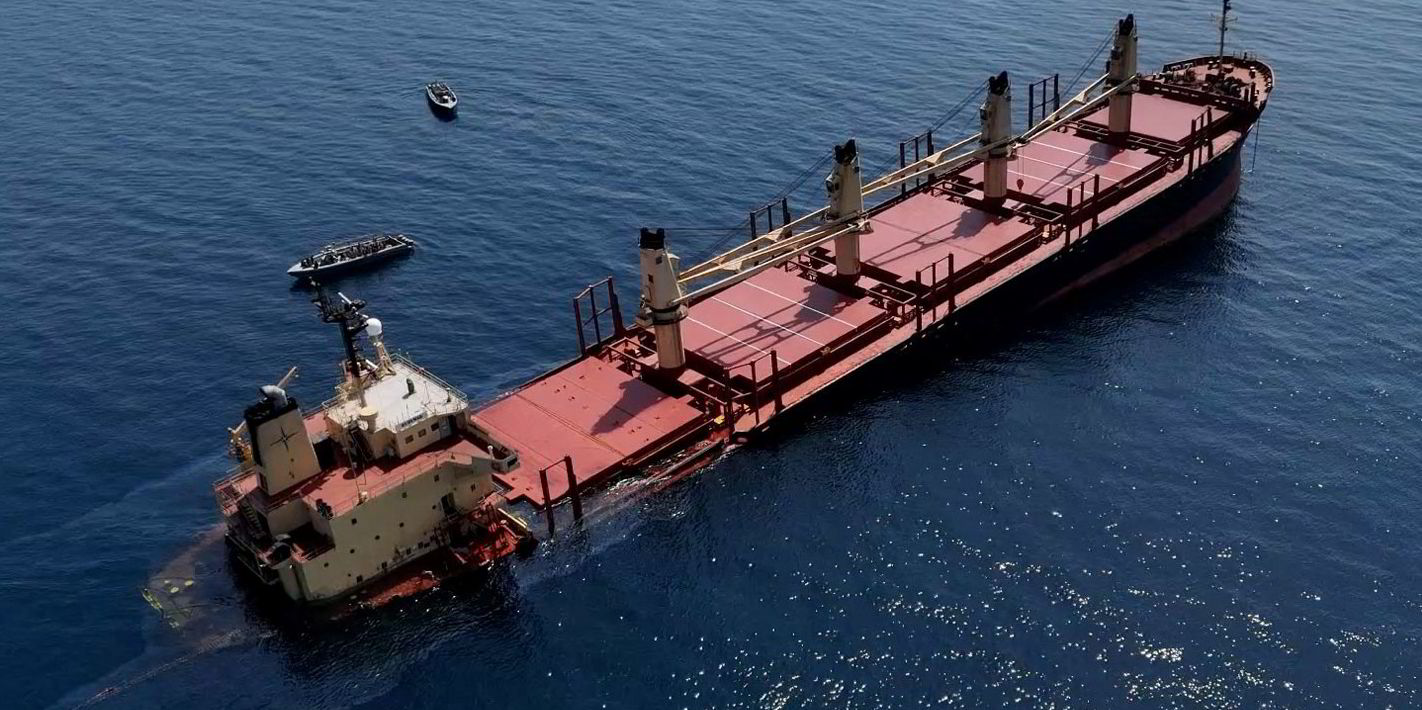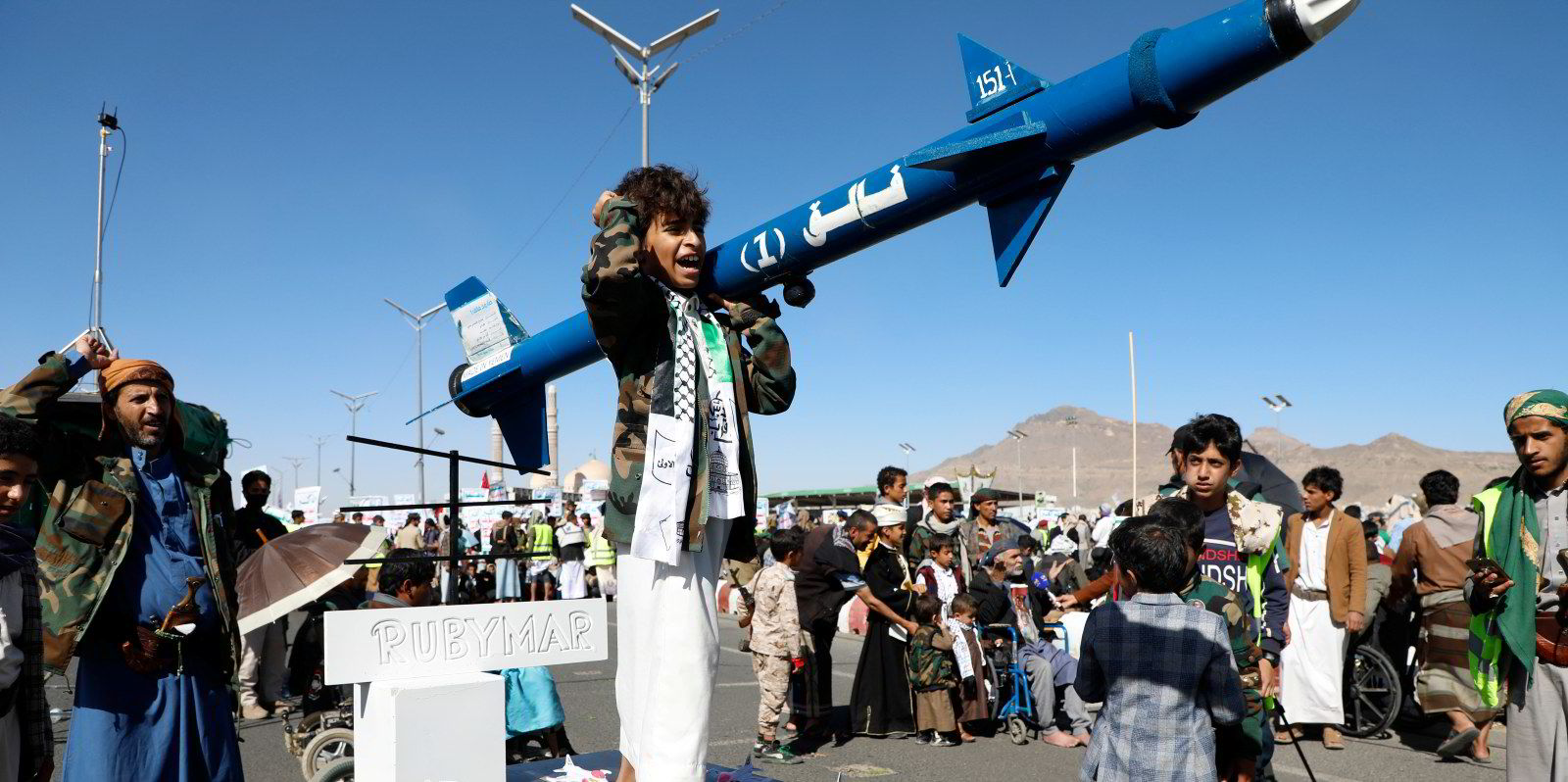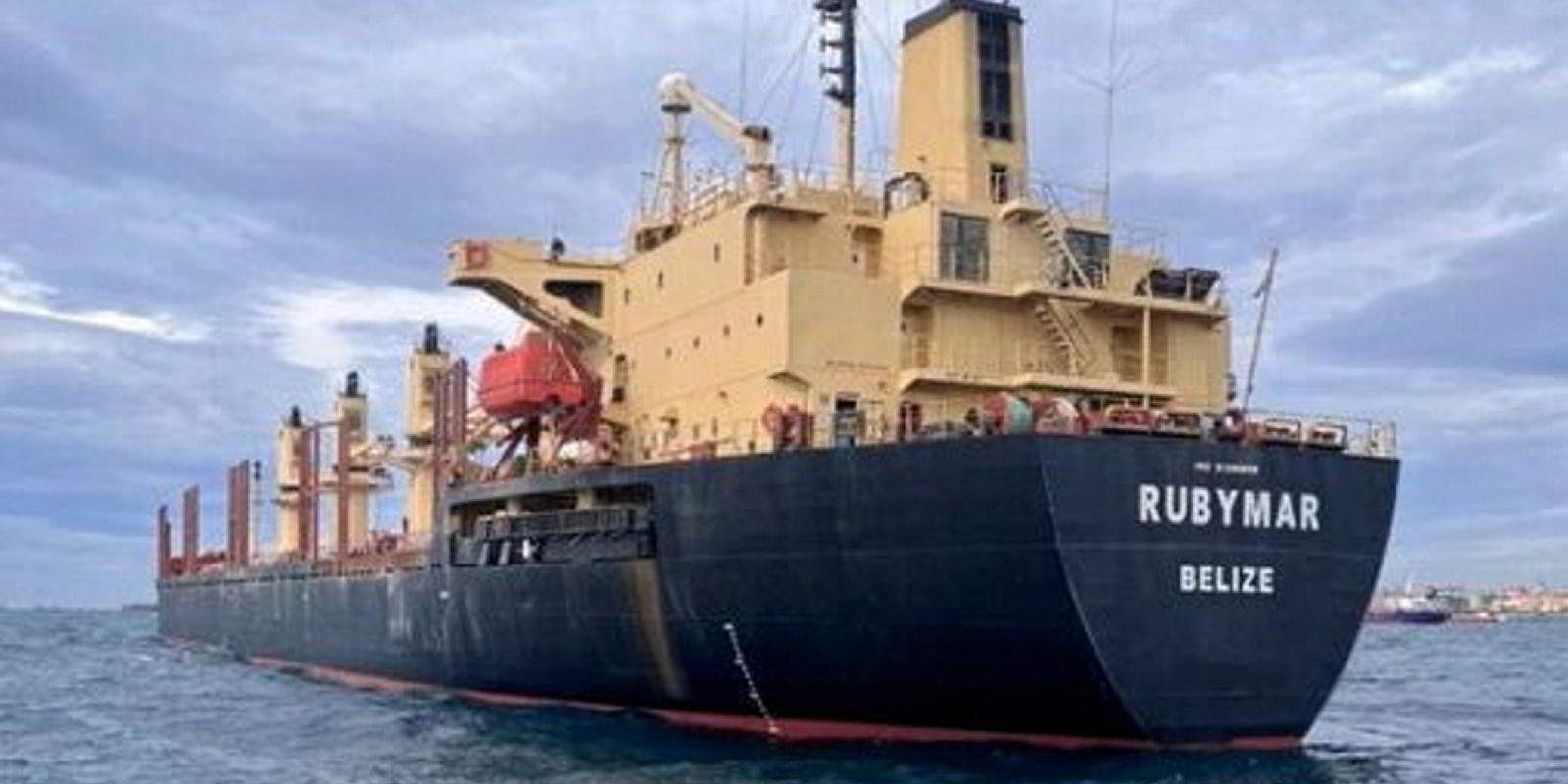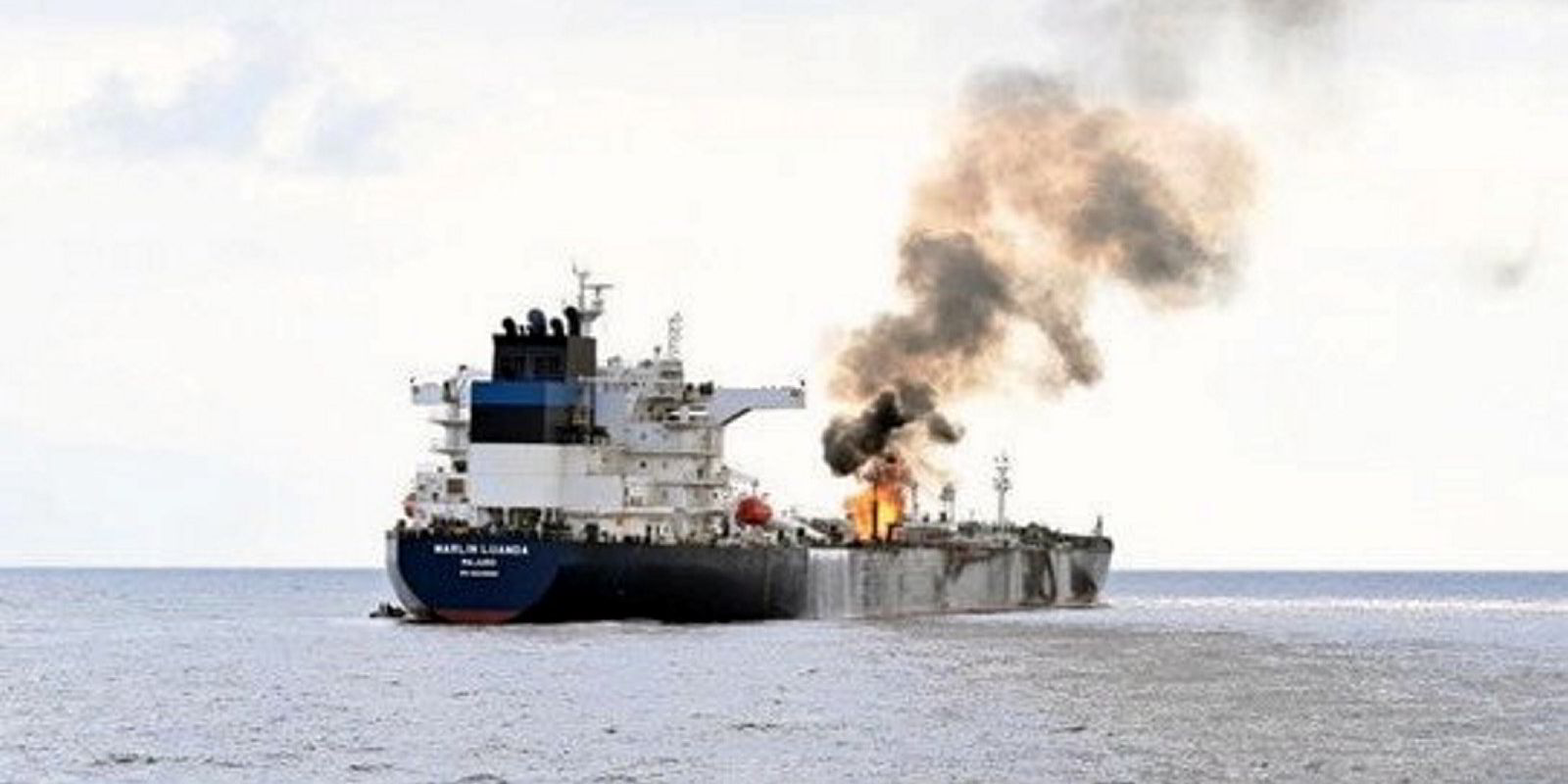Insurance cover for a bulker that sank in the Red Sea after it was hit by a Houthi missile remains uncertain.
Cover will be critical if major salvage and pollution containment operations are needed to prevent an environmental disaster from the sunken wreck of the 32,000-dwt Rubymar (built 1997).
The ship is listed by Thomas Miller Specialty as entered under its fixed premium protection and indemnity insurance cover since 24 July 2023, under the owner Golden Adventure Shipping.
Standard Maritime Labour Convention and so-called Blue Card P&I pollution covers are in place under the Thomas Miller policy.
But the critical question will be whether the cover included the war risk element that comes into effect for claims which result from an act of terrorism.
Thomas Miller and the vessel’s manager, Lebanon-based GMZ Ship Management, have been contacted for comment.
Underwriting sources suggest that the Rubymar had not taken hull war risk cover against the loss of the vessel in the London insurance market.
The attack on the ship also came just as reinsurers were pulling their backing for marine-related Middle East war risks in the fixed premium market.
As missile strikes on shipping escalated in February, the reinsurance market notified direct underwriters that they would withdraw cover on war risk extensions on fixed premium policies related to the Red Sea, Gulf of Aden and Indian Ocean.
Thomas Miller was one of many insurers forced to notify shipowners of its intention to withdraw cover for war risk extensions in those areas on 20 February.
“Our reinsurers have advised that they will no longer be able to support us for war risk exposures within the Indian Ocean, Gulf of Aden and Southern Red Sea. As a result, we are regrettably forced to alter the scope of coverage afforded to our assureds,” Thomas Miller told its clients.
The Rubymar was hit by two missiles fired from Houthi rebels on 18 February, within the notification of cancellation period.
After it was abandoned and drifted, it left a 29 km oil slick before sinking nearly two weeks later.
Over recent weeks, the continued attacks on shipping have seen insurers either decline cover for UK, US and Israeli ships or price it out of the market.
Despite the loss of the Rubymar, Gulf of Aden and Red Sea war risks remained steady at up to 1% of hull values.
The immediate sinking of the Rubymar led to claims from environmentalists that a potential disaster was in the making from its cargo of 21,000 tonnes of fertiliser and bunkers. US Central Command also said the wreck was a danger to navigation.
However, it is unclear at this stage the depth to which the vessel has sunk or the state of pollution in the region.
Salvors have already shown a reluctance to enter the area given the continued threat from Houthi rebels.
The International Maritime Organization has said it is ready to help the government of Yemen deal with the sinking of a bulk carrier following a missile strike in the Red Sea.
The 32,200-dwt Rubymar (built 1997), which was hit by a Houthi missile on 19 February, sank over the weekend.
It was carrying about 20,000 tonnes of ammonium phosphate sulphate fertiliser as well as bunker fuel, which has already caused a 29 km oil slick.
Environmental group Greenpeace MENA has called for immediate action to avert an environmental catastrophe.
“As well as any further leaks of fuel oil from the engines, the sinking of the vessel could further breach the hull, allowing water to contact with the thousands of tonnes of fertiliser, which could then be released into the Red Sea and disrupt the balance of the marine ecosystems, triggering cascading effects throughout the food web,” environmental group Greenpeace MENA said.
IMO secretary general Arsenio Dominguez said the sinking posed an “additional risk for the environment and maritime security”.
He said the IMO had been in contact with the Yemen government and the United Nations to offer support and is working with partners to provide assistance.
US Central Command said the wreck presents a “subsurface impact risk to other ships”.
Saudi Arabia’s desalination plants and the Yemeni coastline are reported to be under threat from pollution.








